1. “Read The Diary of Anne Frank” Without Warning

It’s hard to imagine the uproar if students were assigned The Diary of Anne Frank without any context or preparation. The raw, harrowing account of a young Jewish girl hiding from the Nazis is powerful but deeply unsettling, especially when read without discussion of the historical context. Today, educators would be criticized for not providing a proper framework before delving into such sensitive material. Many parents would likely feel it’s inappropriate for young students to face the weight of such tragedy without adequate support.
In the past, this assignment was often handed out without much fanfare, with the expectation that students would simply absorb the emotional weight of Anne’s words. However, today’s classrooms, with heightened awareness of mental health and emotional well-being, would probably see a parental outcry if such an assignment was given without preparation or guidance. The lack of sensitivity to emotional readiness would likely spark outrage.
2. Reenacting Historical Slavery
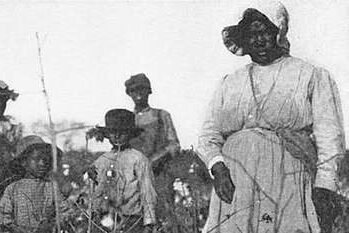
Reenacting scenes of slavery in the classroom was once seen as an effective way to teach about the horrors of human history. Some teachers had students role-play as slaves to demonstrate the realities of the system, which today seems deeply inappropriate. The idea of forcing students to embody such a traumatic and dehumanizing part of history would likely be met with intense backlash from both parents and educators.
While the intention behind these assignments may have been to make history more tangible, the discomfort and potential trauma it could cause would make it a huge point of contention today. The concept of reenacting such sensitive material would undoubtedly be deemed insensitive and harmful, with schools likely facing protests and demands for policy changes.
3. Writing a Paper on “Why the American Indian Genocide Was Justified”
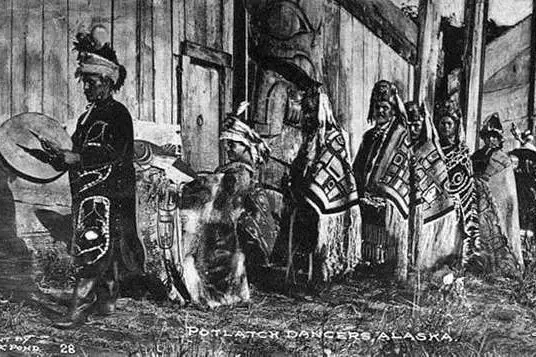
At one point in history, it wasn’t uncommon for students to be asked to write papers defending the actions of European settlers and the treatment of Native American populations. A now-disturbing example is the assignment to justify the genocide of Indigenous peoples during American expansion. These types of assignments, framed in a way that glossed over the brutality of history, would be unthinkable today.
In modern classrooms, where there is a push for inclusivity and respect for all cultures, such an assignment would likely lead to widespread protests. Parents, teachers, and even historians would be quick to call out the insensitivity and distortion of historical facts, making this type of assignment a relic of the past. The outrage would be swift and loud.
4. Giving a “Speech on Racial Stereotypes”
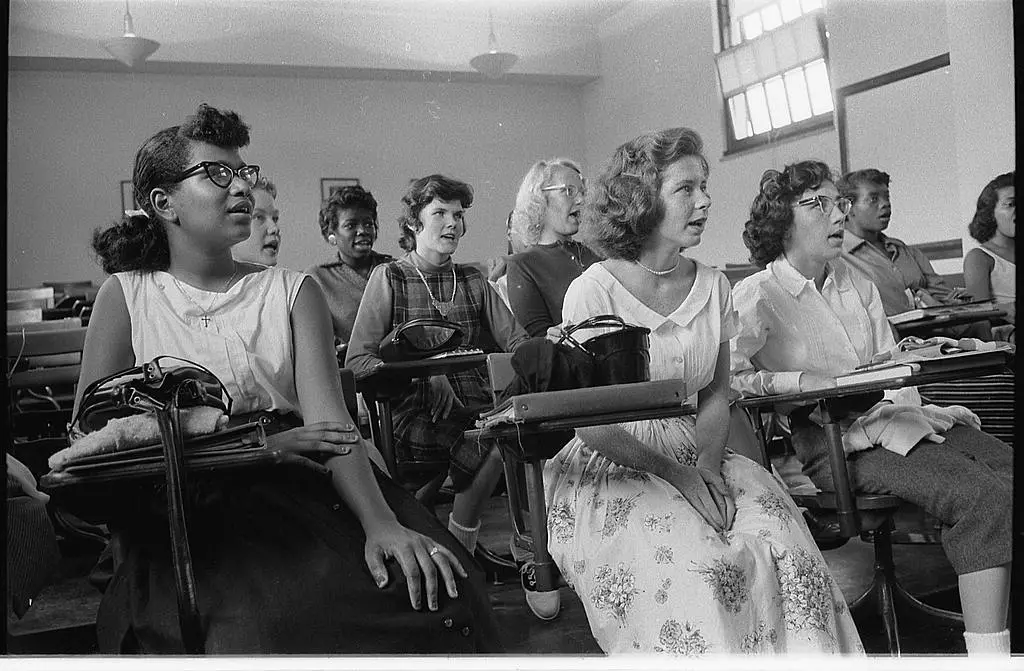
Students were once tasked with giving speeches about racial stereotypes, sometimes even encouraged to perform in character. These speeches, often intended to raise awareness, could perpetuate harmful stereotypes instead of dismantling them. Today, such an assignment would be seen as not only insensitive but also a potential catalyst for reinforcing negative biases and prejudices.
Educators would be criticized for allowing students to perform in ways that may inadvertently marginalize or alienate their peers. Even if the goal was to challenge stereotypes, the execution of this assignment would likely be viewed as misguided and dangerous in today’s climate, where discussions of race and identity are much more nuanced and sensitive.
5. Creating Posters to Promote Eugenics
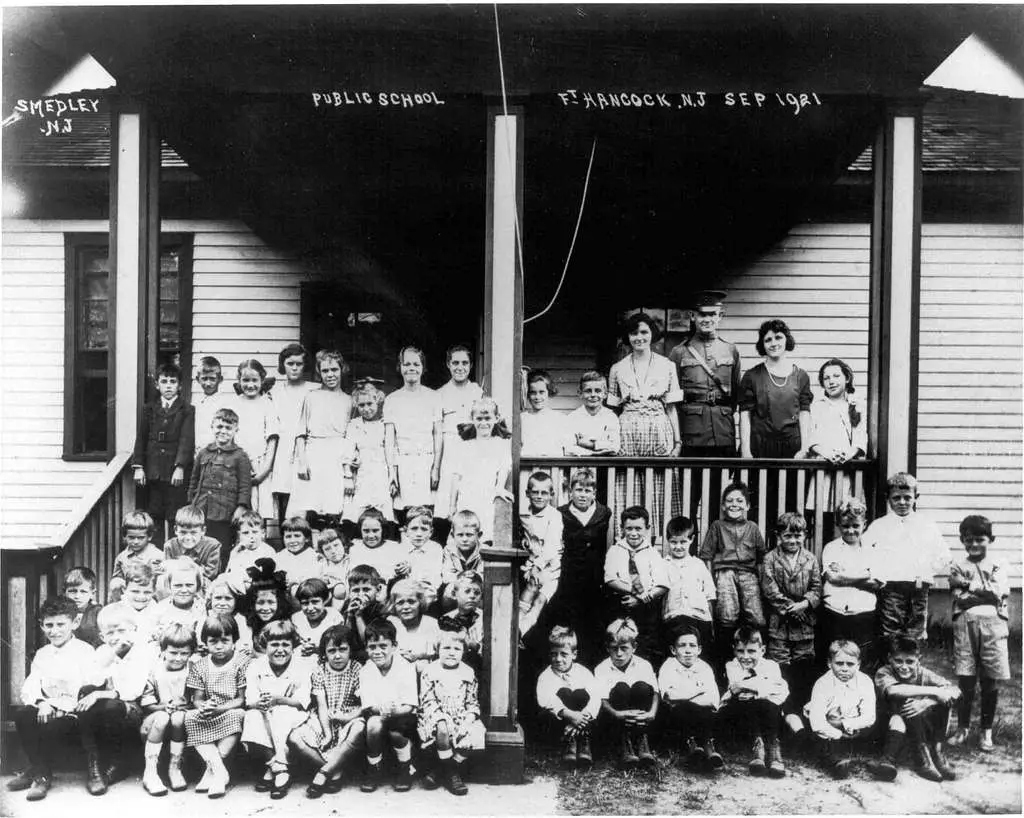
In the early 20th century, it was common to find educational materials promoting eugenics, the idea that selective breeding could improve human populations. Students were sometimes tasked with creating posters or projects to advocate for this now-debunked and harmful pseudoscience. The mere thought of such an assignment today would spark outrage due to its ties to racism, ableism, and discrimination.
Modern-day educators, especially with increased knowledge of genetic diversity and human rights, would be appalled at the idea of assigning such projects. Schools would face fierce opposition from both parents and advocacy groups, demanding the removal of any eugenics-related content from curricula. The historical context would not be enough to excuse such an assignment in today’s educational environment.
6. Analyzing Gender Roles in “Traditional” Marriage

Gender roles have long been a topic of discussion in classrooms, but one particularly controversial assignment involved having students analyze the dynamics of “traditional” marriages. Often, this would focus on reinforcing outdated and restrictive gender norms. Asking students to defend or critique these roles, particularly in an environment where LGBTQ+ rights and gender equality are central to the conversation, would lead to immediate backlash.
This type of assignment, which once served as a reflection of societal norms, would now be seen as reinforcing harmful stereotypes about gender roles. Modern students, particularly those advocating for gender inclusivity, would likely protest such an assignment as both outdated and harmful. The concept of marriage being inherently traditional would be a red flag for many in today’s classrooms.
7. Memorizing the Pledge of Allegiance with a Patriotic Speech
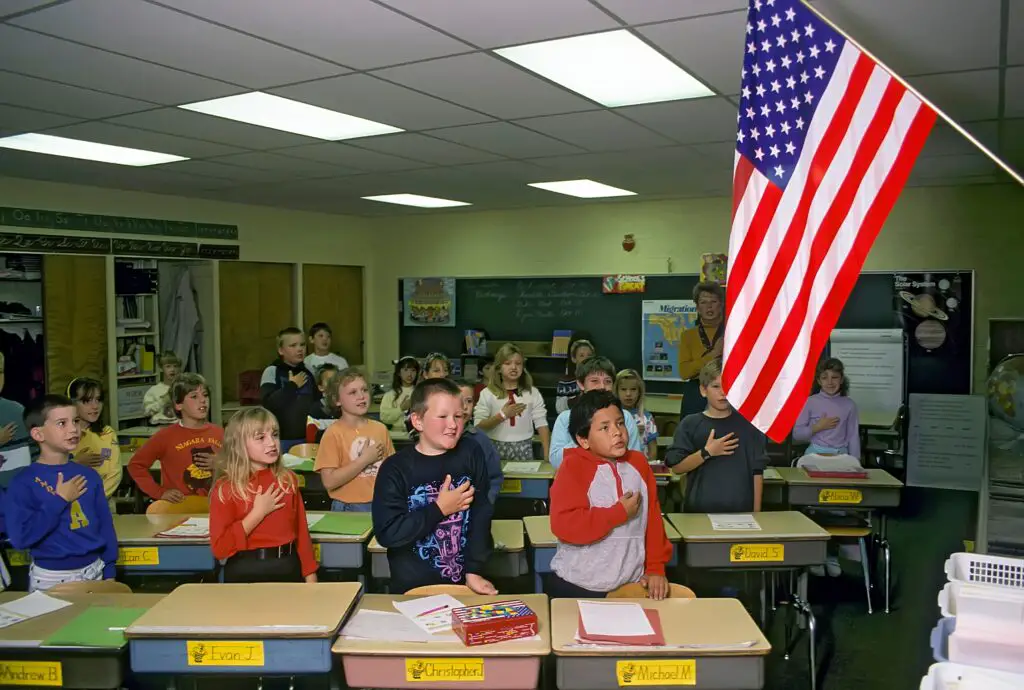
While the Pledge of Allegiance has been a staple of American education for decades, some schools once took it a step further by requiring students to memorize speeches about patriotism, sometimes encouraging them to tie these speeches to extreme forms of nationalism. The expectation to memorize and deliver speeches about unquestioning loyalty to the country could be viewed as an imposition on students’ personal beliefs today.
In our more politically aware and diverse society, requiring such an assignment without room for dissent or differing views on nationalism would be met with swift opposition. The idea of forcing young students to embrace a specific political stance, especially one that could conflict with their personal or family values, would lead to outrage and calls for reform.
